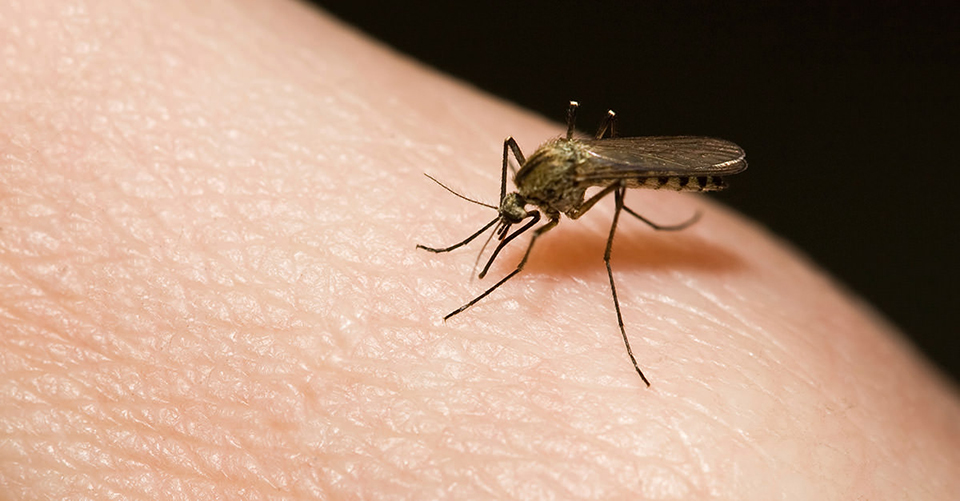
SATV 10 June, Kathmandu: With the onset of the monsoon, cases of dengue infection have started to appear. The period from June to August (Asar to Bhadra) is considered the high-risk season for dengue transmission.
According to data from the Epidemiology and Disease Control Division (EDCD), a total of 1,255 dengue cases have been reported between January 1 and June 8. Dengue infections have been confirmed in 72 districts.
Kathmandu has recorded the highest number of cases, with 132 infections, followed by Kaski with 90, Sunsari with 87, Chitwan with 61, Palpa with 51, Rupandehi with 47, Kanchanpur with 37, Dang with 32, and Bhaktapur with 30 cases.
Dr Gokarna Dahal, Chief of the Vector-Borne Disease Control Section at the EDCD, stated that while it may not be possible to completely eliminate dengue or eradicate the mosquitoes that spread it, the disease can be controlled. He said, “The infection and mortality rate of dengue can be reduced. For that, coordination from all sectors is essential — including citizens, communities, and both government and non-government organizations.’
Dr Dahal stated that since the monsoon started early this year and meteorologists have predicted heavy rainfall, there is a possibility that dengue infections could increase.
“We do not have sufficient vector data to accurately predict whether dengue cases will rise or remain stable this year. However, with the early onset of the monsoon and forecasts of heavy rain, it is likely that water will accumulate and stagnate, creating favorable conditions for mosquito breeding,” he explained.
According to Dr. Dahal, if everyone participates equally from their respective positions in dengue control, and all three levels of government implement necessary programs, it is possible to reduce both the infection rate and fatalities caused by dengue.
Dengue is a mosquito-borne disease transmitted by the bite of the female Aedes aegypti mosquito. To prevent dengue, it is essential to protect oneself from mosquito bites.
To prevent dengue, it is advised to wear clothing that covers the entire body, fill in pits and ditches, and immediately repair any leaks in drinking water or sewage systems. Empty containers should be kept upside down, and water tanks should be completely emptied and cleaned regularly. When sleeping, use mosquito nets. Water tanks, drums, pots, and buckets where water is stored should be properly covered to prevent mosquitoes from entering.
Experts also urge proper management of unused containers, old tires, bottles, plastic items, and any other materials around homes, workplaces, and public places where water could collect, to stop mosquito breeding.



















